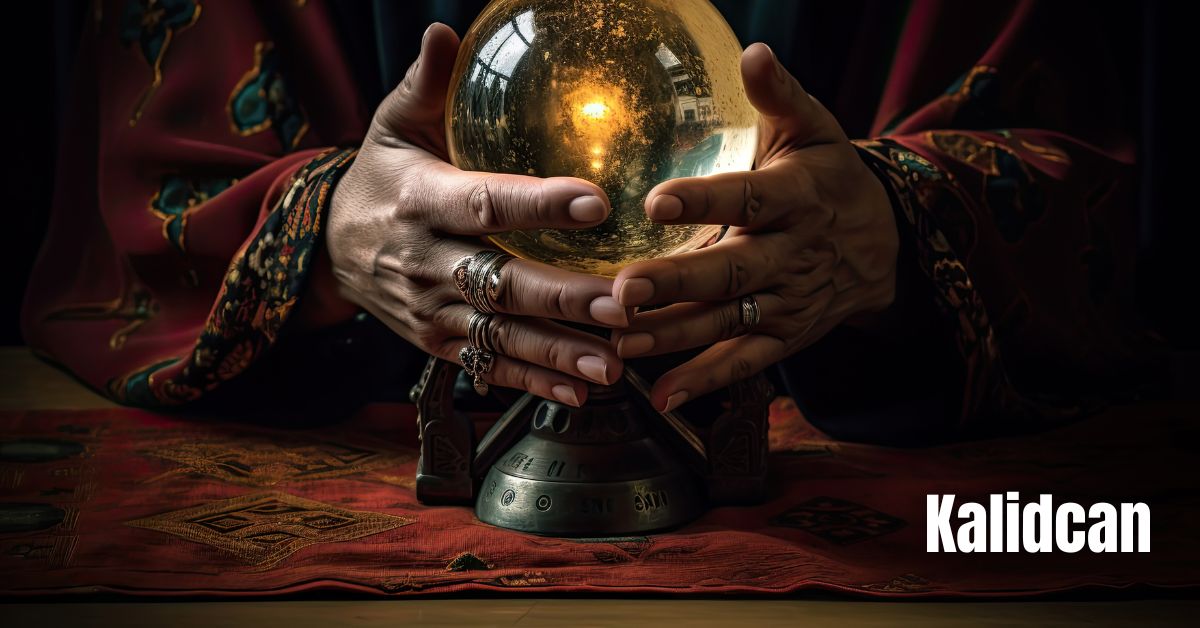The word Kalidcan may sound unfamiliar to many, but it holds deep curiosity for language lovers and cultural researchers. It is not just a collection of letters—it carries hidden meaning, cultural roots, and identity. This article explores the meaning of Kalidcan, its possible origin, cultural value, and why learning about it matters in today’s world.
Meaning of Kalidcan
Kalidcan is a word with mysterious origins. In some interpretations, it is seen as a personal name, while in others, it represents a concept of strength, uniqueness, or cultural heritage. Its sound is bold and powerful, which makes it a word often linked to courage and resilience.
Origin of Kalidcan
The exact roots of Kalidcan are not fully documented. However, linguistic experts suggest it may come from a mix of Middle Eastern, South Asian, or Turkic languages. Words often travel across regions through trade, migration, and oral traditions, and Kalidcan could be one of those timeless words shaped by history.
Cultural Significance
In many cultures, words like Kalidcan are more than names—they are symbols of identity. They are often found in traditional songs, folk stories, or prayers. Kalidcan may have been used to represent a hero, a spirit, or a person of great respect in community traditions.
Kalidcan in Modern Times
Today, Kalidcan is rarely heard in daily conversations, but it still exists as a unique personal name or cultural symbol. Writers and poets sometimes use it in literature to give depth and originality to their works. In modern usage, it has the charm of being rare and meaningful, which makes it attractive to younger generations seeking unique names.
Symbolism of Kalidcan
Kalidcan often symbolizes power, resilience, and uniqueness. Its strong sound makes it stand out. At the same time, in some places, it is simply treated as a family or tribal name without any deep symbolism. This duality makes it both mysterious and versatile.
Interpretations of Kalidcan
Different communities view Kalidcan in different ways. Some treat it as a spiritual name tied to myths or faith, while others see it in a social context as a surname or honorific title. This variety of meanings shows its flexibility across cultures.
Kalidcan as a Personal Name
One of the most common uses of Kalidcan is as a personal name. People who carry this name often feel a connection to heritage, uniqueness, and pride. It is not a widely used name, which makes it even more special.
Regional Connections
Kalidcan appears in different regions with slight variations:
-
In the Middle East, it may link to oral traditions.
-
In South Asia, it has been adapted into local languages.
-
Through migration, some families in Africa and other parts of the world have carried it along.
Perception Today
Among younger generations, Kalidcan is often seen as a stylish and unique name. For researchers and linguists, it represents an interesting case of cultural and linguistic blending. Its rarity makes it a subject of curiosity and respect.
Misunderstandings About Kalidcan
Since Kalidcan is not widely documented, it is sometimes misunderstood. People may wrongly translate it or confuse it with unrelated words. Others give it meanings that belong to completely different cultures. Clarifying its real background helps preserve its authenticity.
Kalidcan in Literature
Historical writings and folklore may contain variations of the word, often linked to heroes, warriors, or symbolic figures. In modern times, poets and novelists use Kalidcan to express strength, heritage, and individuality, making it both a creative and symbolic element.
Identity and Heritage
For some families, Kalidcan is more than a word—it is a surname or tribal marker. Carrying this name often connects people to their ancestral roots and community pride. It represents a legacy that passes from one generation to another.
Future of Kalidcan
Like all words, Kalidcan may evolve over time. With the rise of globalization and digital culture, unique names and terms often spread quickly across countries. Kalidcan could become more recognized worldwide as people search for meaningful and original identities.
Why Learning About Kalidcan Matters
Studying Kalidcan builds cultural awareness and appreciation for linguistic diversity. It connects us to history, traditions, and heritage. By preserving such words, we keep alive the memory of communities and civilizations that came before us.
Conclusion
Kalidcan is more than a word—it is a cultural treasure. Whether seen as a personal name, a symbol, or a concept, it reflects heritage, strength, and uniqueness. In a world where identities are often lost to modern trends, words like Kalidcan remind us of the importance of preserving cultural roots.
FAQs
Q1: Is Kalidcan a common name?
No, Kalidcan is a rare and unique name used in specific cultures and communities.
Q2: Does Kalidcan have spiritual meaning?
Yes, in some traditions it is linked to spirituality and symbolic strength.
Q3: Which regions use the word Kalidcan?
It is mostly associated with Middle Eastern, South Asian, and Turkic cultural roots.
Q4: Can Kalidcan be used as a surname?
Yes, in some families it is used as a surname or tribal identity marker.
Q5: Will Kalidcan become more popular globally?
With globalization and digital sharing, unique words like Kalidcan have the potential to gain wider recognition.
